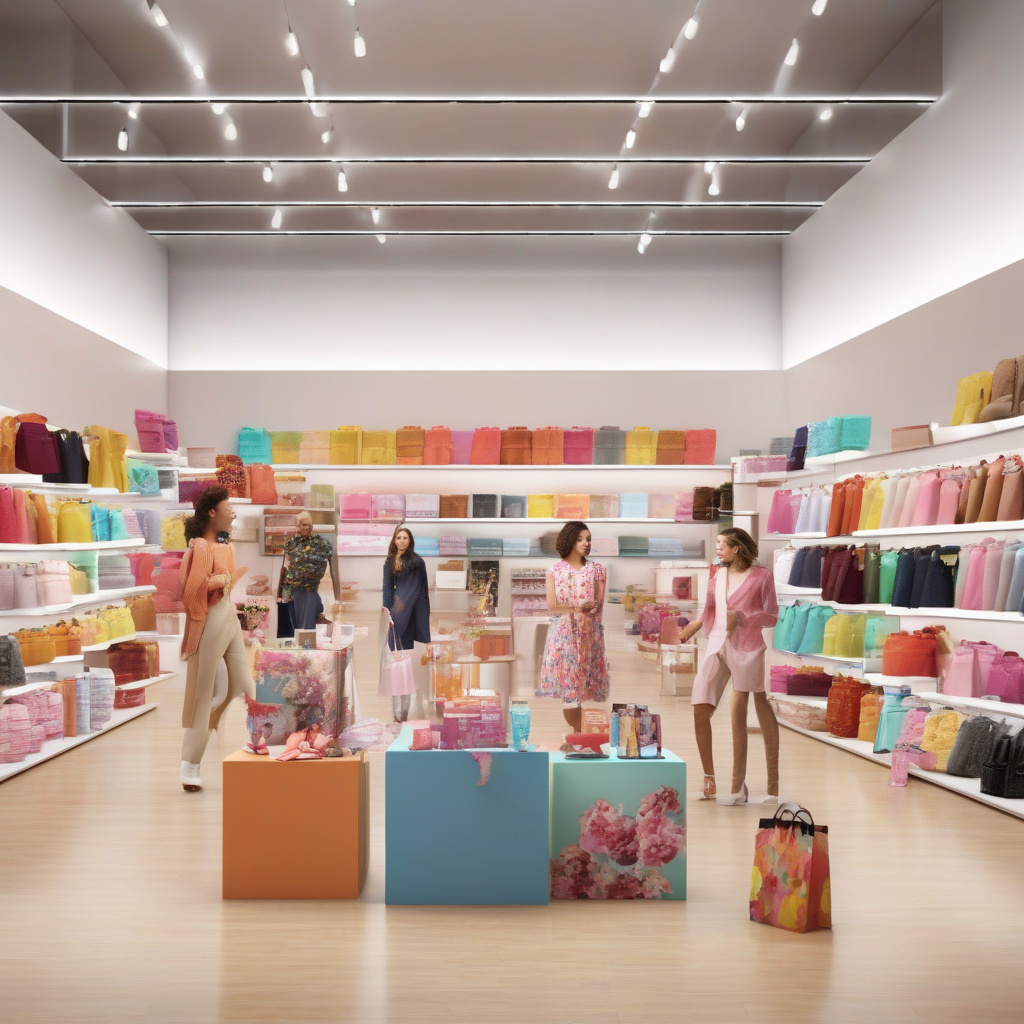The Influence of In-Store Experience on Millennial Shoppers
In today’s digital age, where online shopping has become increasingly prevalent, the role of in-store experience is often underestimated. However, recent studies have shown that the in-store experience is proving to be influential, particularly with millennial shoppers. This tech-savvy generation, born between 1981 and 1996, values experiences and connections with brands more than any other demographic. As a result, retailers are now focusing on enhancing their in-store experiences to cater to the preferences of millennial shoppers.
One of the primary reasons why the in-store experience is resonating with millennial shoppers is the opportunity for sensory engagement. Unlike online shopping, which only allows for visual and auditory stimulation, the physical store provides a multi-sensory experience. For example, the ability to touch and feel products, interact with knowledgeable staff, and even smell certain scents can create a more memorable and engaging shopping experience for millennials.
Moreover, in-store experiences offer a sense of immediacy and gratification that online shopping often lacks. With the option to try on clothes, test products, and receive instant assistance, millennials can make quicker purchasing decisions in a physical store. This instant gratification aligns with the desire for convenience and efficiency that many millennials seek in their shopping experiences.
Retailers are also leveraging technology to enhance the in-store experience for millennial shoppers. For instance, interactive displays, virtual reality experiences, and personalized recommendations based on past purchases can all contribute to a more engaging and personalized shopping experience. By integrating technology into the physical retail space, brands can bridge the gap between online and offline shopping, catering to the preferences of tech-savvy millennials.
Furthermore, the in-store experience allows for authentic and meaningful interactions between brands and consumers. Millennials, who value authenticity and transparency, are more likely to trust and connect with brands that provide genuine and personalized experiences. By creating a welcoming and inclusive environment in their physical stores, brands can foster loyalty and build long-lasting relationships with millennial shoppers.
A prime example of a brand that has successfully leveraged the power of in-store experience with millennial shoppers is Apple. With its sleek and modern store designs, knowledgeable staff known as “Geniuses,” and interactive product displays, Apple has created a unique and immersive shopping experience that resonates with millennials. By prioritizing the in-store experience, Apple has been able to cultivate a loyal customer base and drive sales both online and offline.
In conclusion, the in-store experience is proving to be influential with millennial shoppers for a variety of reasons, including sensory engagement, immediacy, technological integration, and authentic interactions. As retailers continue to adapt to the changing preferences of this generation, investing in enhancing the in-store experience will be crucial for driving sales and building brand loyalty. By creating memorable and personalized experiences in their physical stores, brands can connect with millennial shoppers on a deeper level and differentiate themselves in a competitive retail landscape.
millennial shoppers, in-store experience, retail, digital marketing, e-commerce
